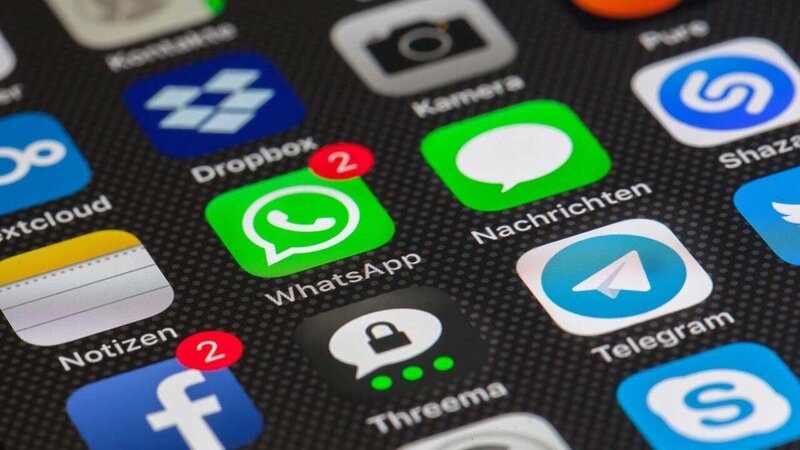
Social media has become an essential part of our lives,
connecting us with friends and family, delivering news updates, and offering a
forum for self-expression. However, the influence of social media on society is
a hotly debated issue. One of the most pressing questions is whether social
media is polarising society.
Polarisation is defined as the splitting of beliefs into two
extreme opposing positions. It refers to the divide of people in society based
on their views, values, or opinions. The question is whether social media plays
a role in this separation.
Algorithms on social media sites such as Facebook, Twitter,
and Instagram are meant to offer users material that is relevant to their
interests. This is based on information gathered from their internet activity.
While this customization improves the user experience by
offering relevant material, it also generates 'filter bubbles' or 'echo
chambers'. These are virtual environments in which users are solely exposed to
information that supports their existing beliefs and attitudes. Polarisation
might result from a lack of exposure to opposing ideas.
Furthermore, social media allows for the quick dissemination
of both true and deceptive information. Misinformation can spread due to the
ease with which content can be disseminated and the lack of strong
fact-checking systems. This can exacerbate polarisation by allowing individuals
to create beliefs based on erroneous information.
The anonymity afforded by social media can also lead to
polarisation. People may openly express themselves online, frequently without
fear of penalties. While this might promote free debate, it can also
disseminate extremist viewpoints. The lack of face-to-face connection may encourage
people to voice more polarised opinions than they would in person.
It is crucial to stress, however, that social media is not
the main driver of societal polarisation. It is a tool, and its effectiveness
is determined by how it is utilised. If utilised wisely, social media may also
be a forum for learning, understanding, and empathy. It may expose users to
different points of view, encourage healthy debate, and develop a feeling of
global community.
While social media can contribute to societal polarisation
through echo chambers, disinformation dissemination, and anonymity, it is not
the main reason. It is our responsibility as users to utilise these platforms
responsibly, to seek out varied perspectives, to fact-check material before
spreading it, and to engage in polite conversation. Only then can we limit
social media's polarising impacts and harness its potential for constructive
societal influence.